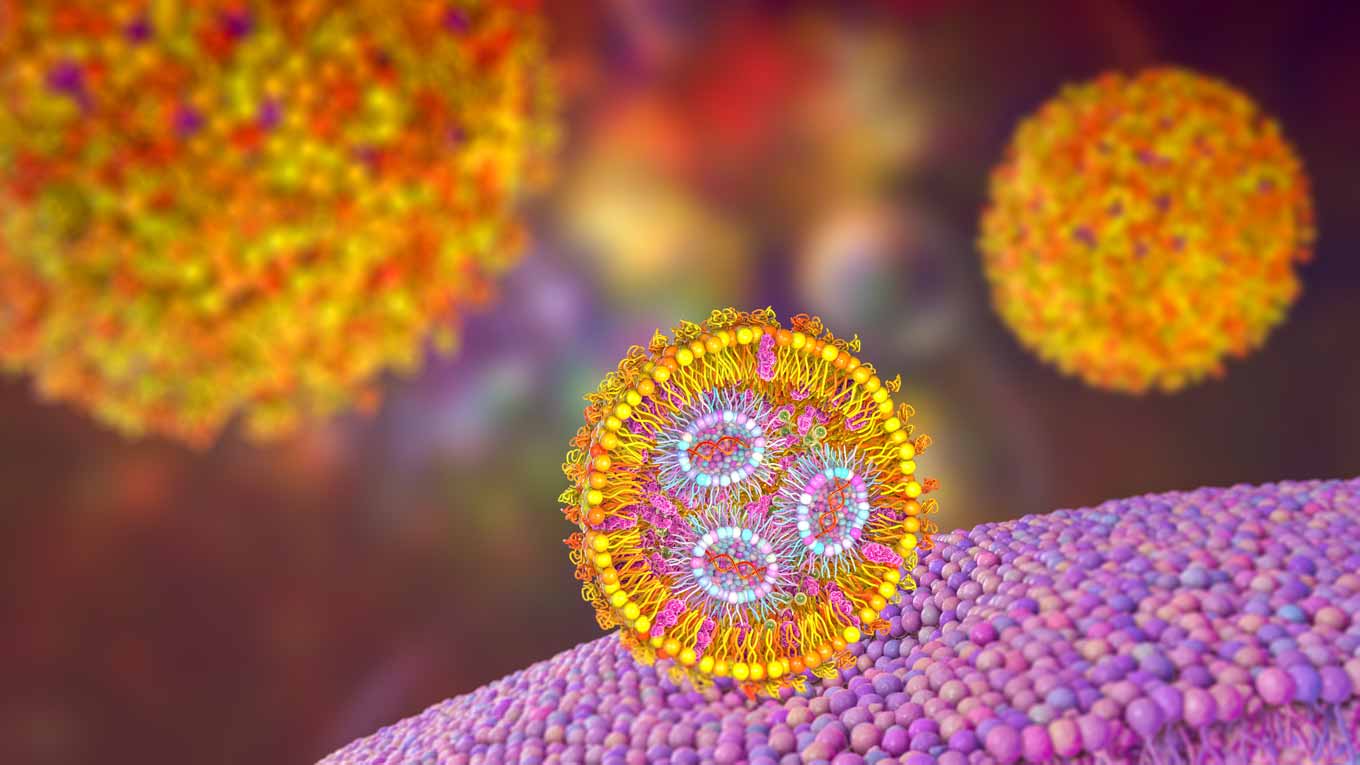
Millions in funding for research alliance on RNA medicines
The German Federal Ministry of Economics and Climate Protection (BMWK) will be funding a future-oriented project coordinated by ISAR Bioscience to investigate and develop efficient and safe polymer-based special lipids for RNA drugs. The support will total almost 13 million euros. Partners in this research alliance are the Julius Maximilian University of Würzburg and the Friedrich Schiller University of Jena, the start-up company NGP Polymers in Jena, as well as Evonik and Bayer AG.
The Corona pandemic has shown the usefulness of ribonucleic acids (RNAs) for the production of highly effective vaccines. Now, partners from industry and universities aim to investigate whether also new drugs can be developed on this basis. To this end, the new research network wants to explore novel special lipids for RNA drugs, based on new pharmaceutical polymers and lipid components. They are intended to stably package RNA drugs, to target them specifically to certain organs that have been difficult to reach so far, and to release them there after cellular uptake. The ultimate goal is to achieve tissue-specific distribution and effects.
The German Federal Ministry of Economics and Climate Protection, through its project agency vdi/vde, has announced that it will fund the research consortium with nearly 13 million euros over the next three years. ISAR Bioscience alone will receive around 5 million euros.
The project commitment is part of an initiative to promote RNA-based technologies. These technologies should be further advanced in Germany, and production facilities should be established so that the reagents required for future vaccines as well as for new RNA-based drugs can be quickly produced within Germany.



